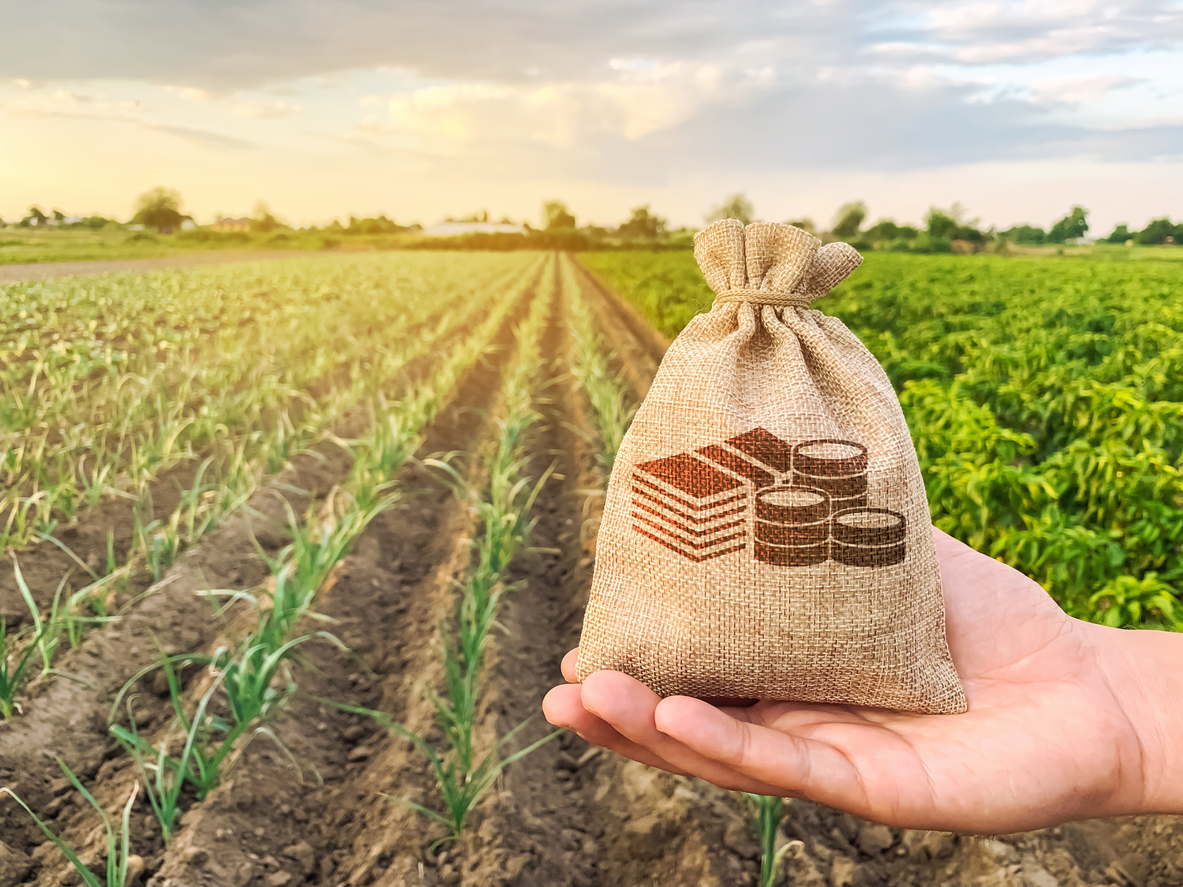There are a couple of principles that apply to many situations on farms.
The first is that you can’t borrow yourself out of a problem and can’t borrow yourself to profitability.
The second being that focusing on driving revenue growth alone, without attending to all the other aspects of the business, will not necessarily solve the problems a farm may be experiencing.
Many farmers will have the mindset that making more money will fix their money problems. It may. And then again, it may not. Especially if the approach in making more money is to focus on revenue or top-line growth alone.
It’s a common challenge. A farm has cashflow problems. The thinking is that if the farm were to add more acres, or livestock, it would generate more revenue and the cashflow problems would auto-correct.
All too often though, the farm increases its revenue but finds that its money problems persist. But now the farm is a bigger business, with more responsibilities, more overhead, more stress, more risk, but still has no more money at the bottom line.
Robb Kropp, Pravar Group, has an important principle. He states that if you can’t control the money you’re already making, making more money won’t solve the problem. It will only amplify it.
It is an enormous understatement to say that there’s a lot happening on farms during the year and especially during the production season.
I just had a call from a farmer. He commented he lay in bed last night thinking about the day, and he wondered what he actually had done all day. I think that nicely exemplifies the “lots happening” reality on farms.
This has lots of implications. Some positive and some concerning. I say that from the business and not the personal perspective. From the business perspective, we could assume that the positive implications would benefit the business, positively affecting financial performance. Counter to that, then would be the assumption that the concerning implications would detract from the business, negatively impacting on financial performance.
Oversimplified? Perhaps. However, let’s examine some of the concerning implications. To do that, I ask, what’s slipping through your fingers? Just like a handful of fine sand, when it sifts or slips through your fingers, it’s gone.
Assuming you would prefer to keep that sand in your hand, what has to happen to prevent it from slipping away? Or, what do you have to do to get it back? For sand, the answers are easy. Either hold your fingers together tighter or simply pick up another handful. For things slipping through the “fingers” of your farm business, not as easily done.
I’m going to focus on two things. Time and money.
Time
You’re 25 years old. Then, all of a sudden, you’re 70 years old. Not literally all of a sudden but that’s what it feels like. It’s like the farmer I mentioned previously, where it felt to him like the whole day had disappeared. There is so much time. Until there’s no time left.
The Toronto Blue Jays have played 134 games out of 162. They’re 2.5 games out of a playoff spot. Time is running out. Should they have played better during the first 134 games? Likely, but that time … those games … have slipped through their fingers. They can only focus on the game today and the games following until the end of the year. Do they have time? Yes. Do they have a lot of time? No.
Do not take time for granted. Don’t let it slip through your fingers. You can’t change the past, but you can control what happens in the time from now on. Not making a decision about necessary changes, is in fact, making a decision. Be intentional and be disciplined.
Money
There’s a tongue in cheek saying that all one has to do is walk behind someone who’s made tonnes of money and simply pick up the $100 bills as they fall out of her or his pocket.
Unfortunately, there’s truth in that when it comes to farms. There are many real-life scenarios where farms have literally had money fall out of their “pockets”… slip through their fingers. But unlike the sand, when it happens on a farm, it’s gone.
Here are a couple of examples on how it happens. One on the revenue side and one on the expense side.
There are farms that have not received payment for grain delivered for no reason other than the paperwork didn’t get done. Payment wasn’t processed but the expenses have already been paid on this grain. Or the payment was received but the amounts were wrong.
Another revenue example. Combine loss. How much grain (profit) is simply being left in the field?
On the expense side, paying for something that wasn’t received, such as crop inputs. Those are big-ticket items. But what about parts and repairs?
The time and the money examples are often related. It will feel like, for many farms, that there’s not enough time to get the things done that need to get done. Things fall through the cracks, some of which are money related. Do you track grain sales right from the bin to your bank account? Do you track expenses against delivery slips and invoices before making payments?
Don’t let time and money simply slip through your fingers. Your time is too precious and you work too hard for your money.
If you would like to speak to one of our consultants about this topic, contact us.



